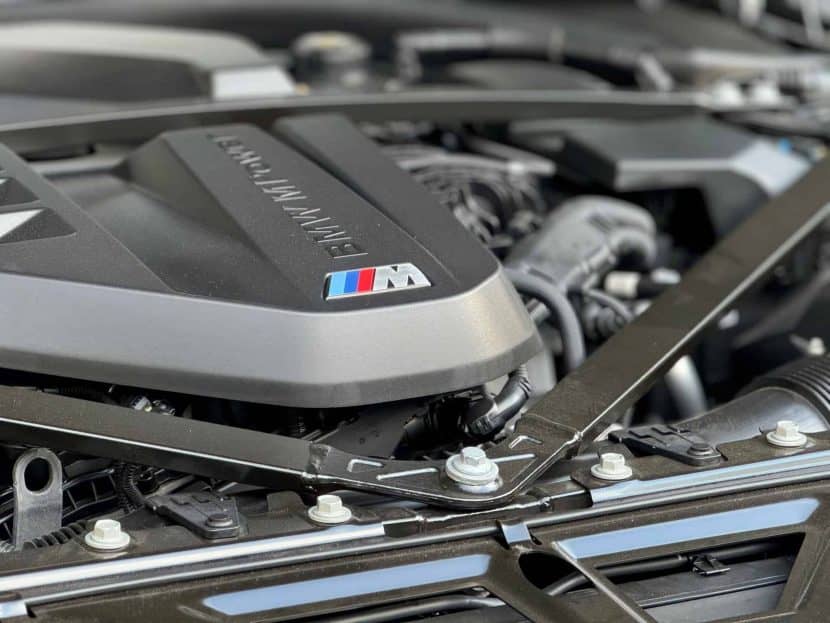From day one, BMW has been against the European Union’s proposed sales ban on new cars with combustion engines. According to the current plan, the new law will come into effect in 2035. The automaker’s boss rarely misses an occasion to signal a warning about how this decision will have immense repercussions. During the Automobilwoche Congress in Berlin, Oliver Zipse reiterated the hurried EV-only approach would be wrong.
With good reason, the 60-year-old executive continues to believe not all countries will be ready to embrace electric cars by the middle of the next decade. Forcing automakers to only sell EVs by 2035 would be a “huge mistake.” He argues the automotive industry in Europe could be halved if sales of new cars with gas engines are outlawed 11 years from now.
However, the BMW boss still wants the stricter CO2 fleet targets planned for 2025 in the EU to remain unchanged. Next year, the new limit will be reduced by about 19% compared to the 2020-2024 interval, dropping from 115.1 g/km to 93.6 g/km per WLTP. Zipse thinks softening the target would hurt the car industry’s credibility. Why? Since the lowered threshold was established five years ago, it’s too late to change now.
“Anyone who says they are not ready yet is ultimately admitting that their cars are not state of the art and that they cannot even overcome the entry hurdle,” according to the BMW boss. Automakers that fail to meet the new requirements will pay a fine of €95 per excess gram per car. That might not sound like such a big deal but those sums quickly add up. It’s especially true in the case of large companies that sell hundreds of thousands of gas/diesel cars.
The BMW boss is confident the BMW Group will meet the new target thanks to its growing lineup of EVs. By 2030, the goal is for fully electric cars to account for more than 50% of annual sales. Around the end of the decade, MINI and Rolls-Royce will become purely electric brands. BMW has not set a cutoff date for ICE vehicles.
Source: Automobilwoche (subscription required)






































































